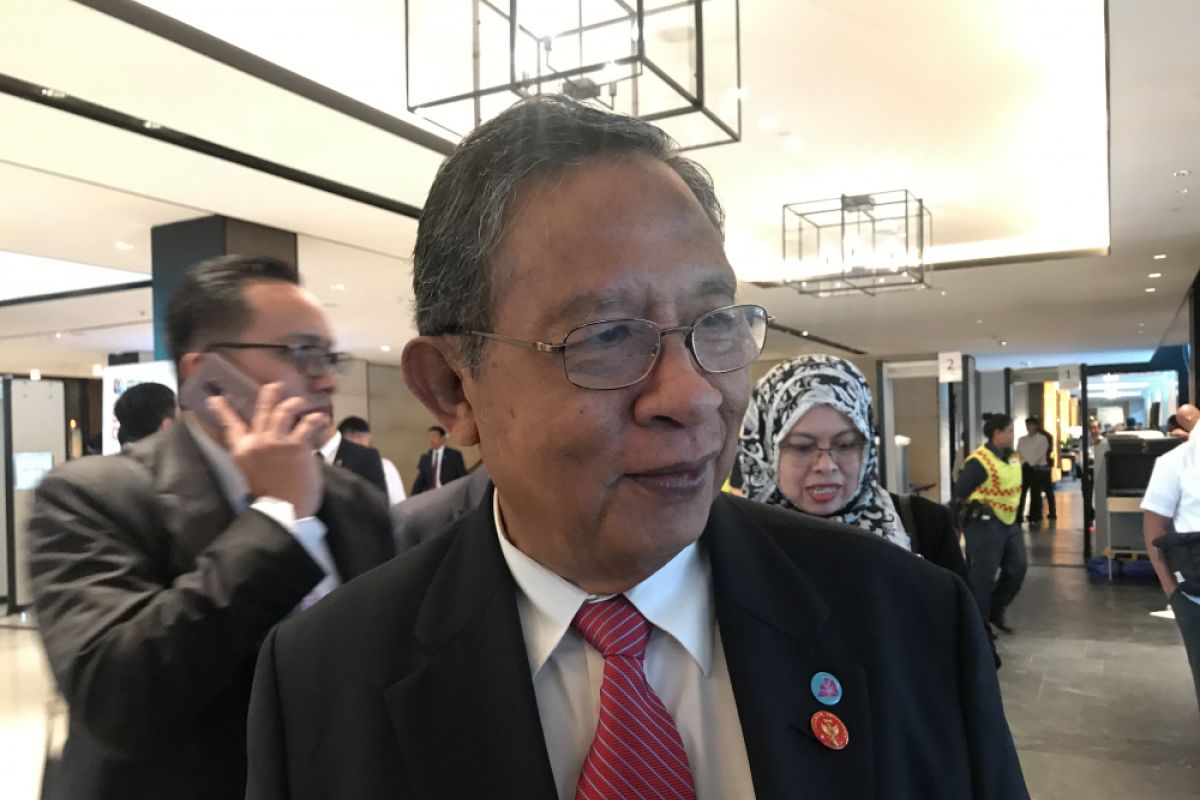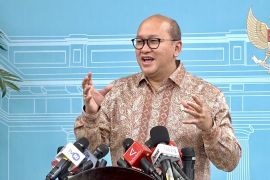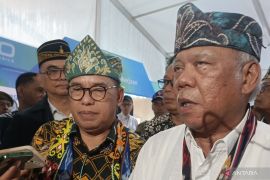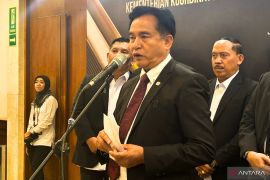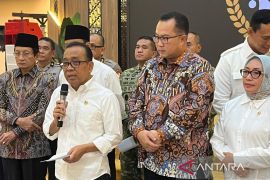"The government will also improve the investment climate and the ease-of-doing business ranking, while accelerating and deepening structural reforms in the real sector to underpin sound and sustainable economic growth," said the Coordinating Minister for Economic Affairs, Darmin Nasution, in a statement here on Wednesday.
With solid economic fundamentals, Indonesia had a promising domestic economic outlook in the medium term.
The main sources of growth were exports and investment. Exports were also key to reducing the structural current account deficit. Structural reforms would be achieved by improving infrastructure, licensing, customs and others.
The investment climate would be enhanced by accelerating the business licensing process at the ministerial and local government levels through implementation of Online Single Submission (OSS).
In addition, the government would offer investment incentives in the form of tax holidays, tax allowances and super deductions to replace the cost of education and vocational training as well as the cost of R&D development in order to draw investment to the downstream and upstream industries, the minister said.
Through the Ministry of Finance, the Government had issued regulations to provide 100 per cent tax holidays to pioneering industries.
These structural reforms would catalyse investment and stimulate exports to foster national economic growth in the medium term, the minister said.
Bank Indonesia earlier said it would increase supervision and mitigate capital outflow that could reduce the rupiah value ahead of the Federal Open Market Committee (FOMC) meeting on June 14 this year.
The central Bank would determine a policy to stabilise the financial market including control of the rupiah exchange rate and steps to forestall the pressure throughout 2018 at a meeting of its Board of Governors on May 30, the new Governor of the central bank, Perry Warjiyo, told reporters here on Monday.
The additional meeting of the Board of Governors of Bank Indonesia was being held ahead of the meeting of FOMC or only two weeks after the Indonesian central cank raised its benchmark interest rate by 25 basis points to 4.5 per cent on May 17.
Global financial market players expected The Federal Reserve would raise its Fund Rate 3-4 times this year, including the second time in June, said Perry.
Perry said the pressure of foreign capital outflows that would weaken the rupiah would still shadow the domestic financial market.
The pressure of capital outflow would also come with the improvement of the U.S. economic data and from the expansive U.S. fiscal policy, which raised the yield of the U.S. 10-year treasury bill.
Perry, who took over as Governor of Bank Indonesia only on May 24, has repeatedly pledged to adopt a preemptive policy and to remain ahead of the curve. "Our short term focus through the monetary policy is to stabilise the exchange rate," he said.
A063/INE
(T.A063/A/KR-BSR/A/H-YH)
Reporter: antara
Editor: Heru Purwanto
Copyright © ANTARA 2018
